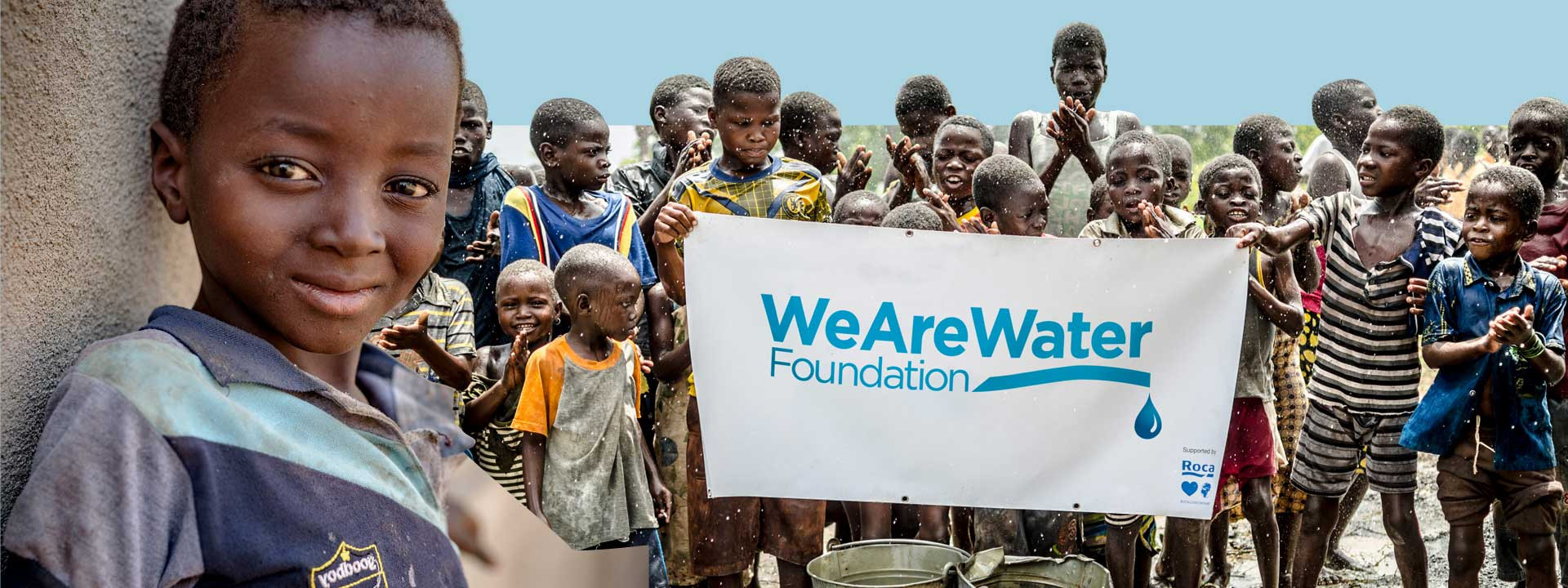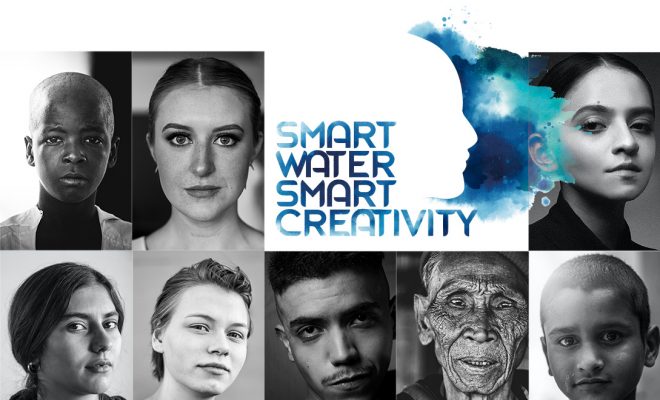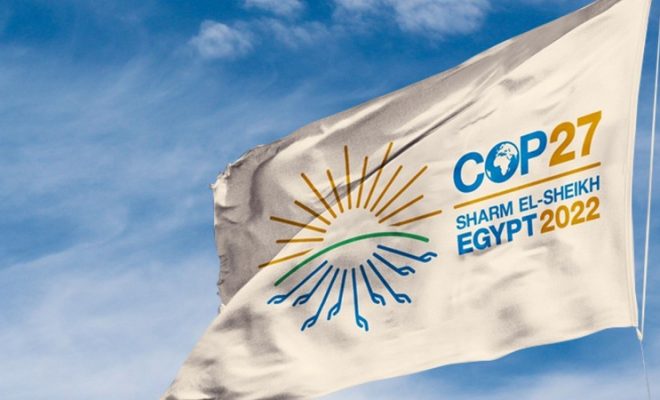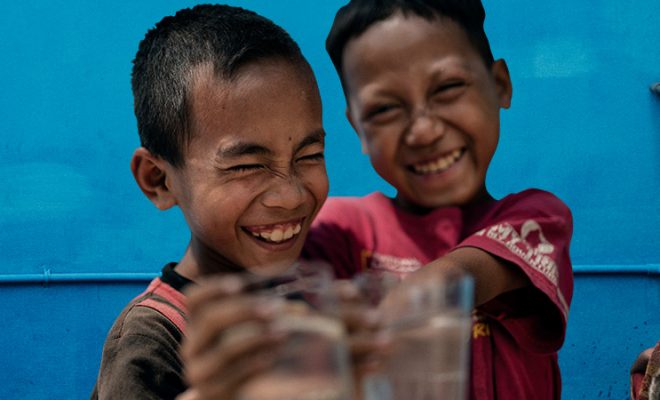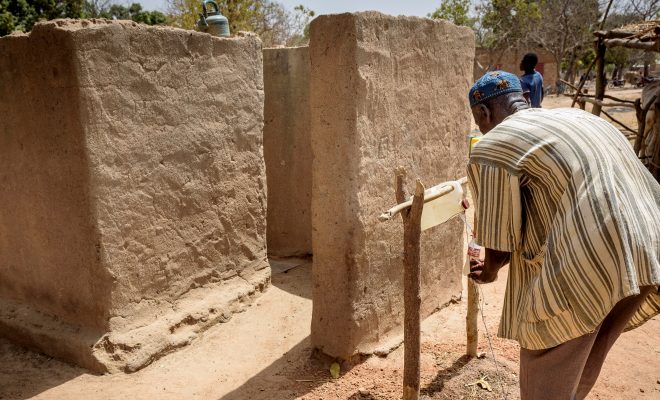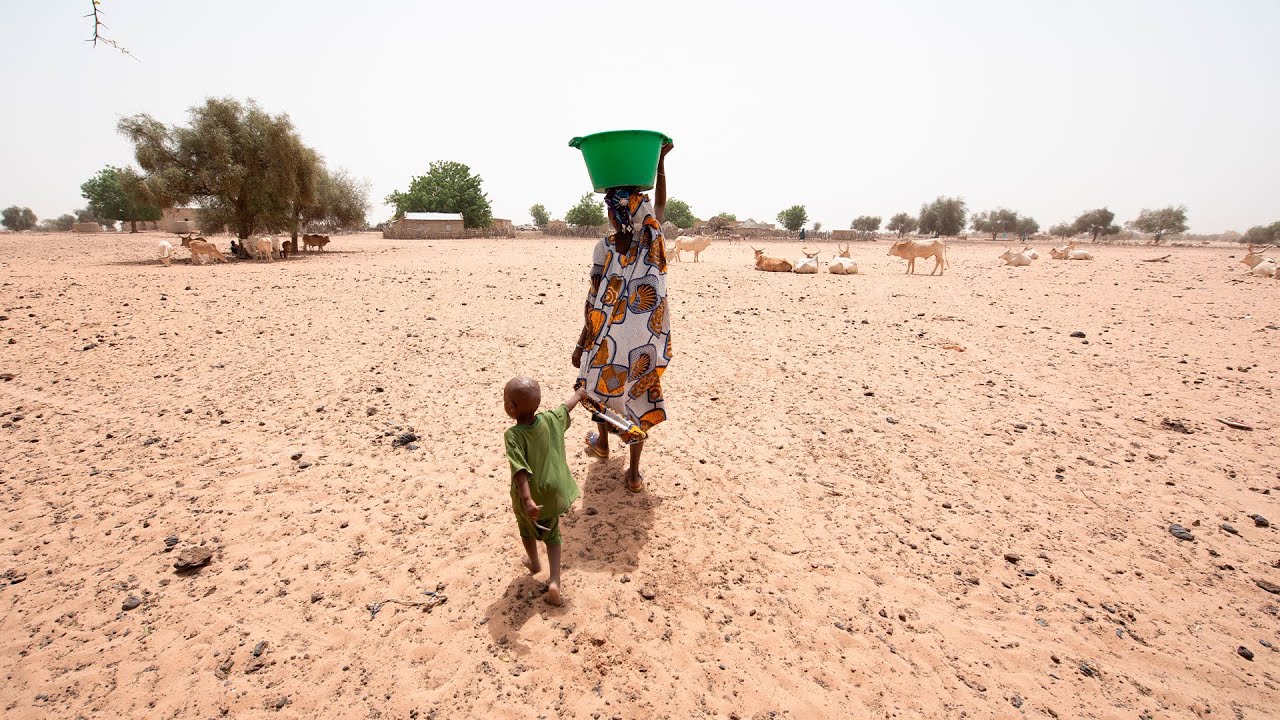
“Accelerate change.” The UN’s call for this year’s World Water Day has a very significant interpretation: it implicitly recognizes that we are moving at a very slow pace toward achieving SDG 6. In its statement, the UN notes: “Water is a critical enabler of the Sustainable Development Goals. However, progress is far from satisfactory, undermining the 2030 Agenda.”
The Joint Monitoring Program for Water Supply, Sanitation and Hygiene (JMP) also calls for an intensified response. In its report Progress on household drinking water, sanitation and hygiene 2000-2020, it warns that achieving the SDG 6 targets by 2030 will require a four-fold increase in the rates of progress being made by 2021.
This represents a significant and necessary burst of acceleration. A symptom of the urgency the UN wants to instill is the launch of the Water Action Agenda at the UN Water Conference 2023, an event that has not been held for almost 50 years.
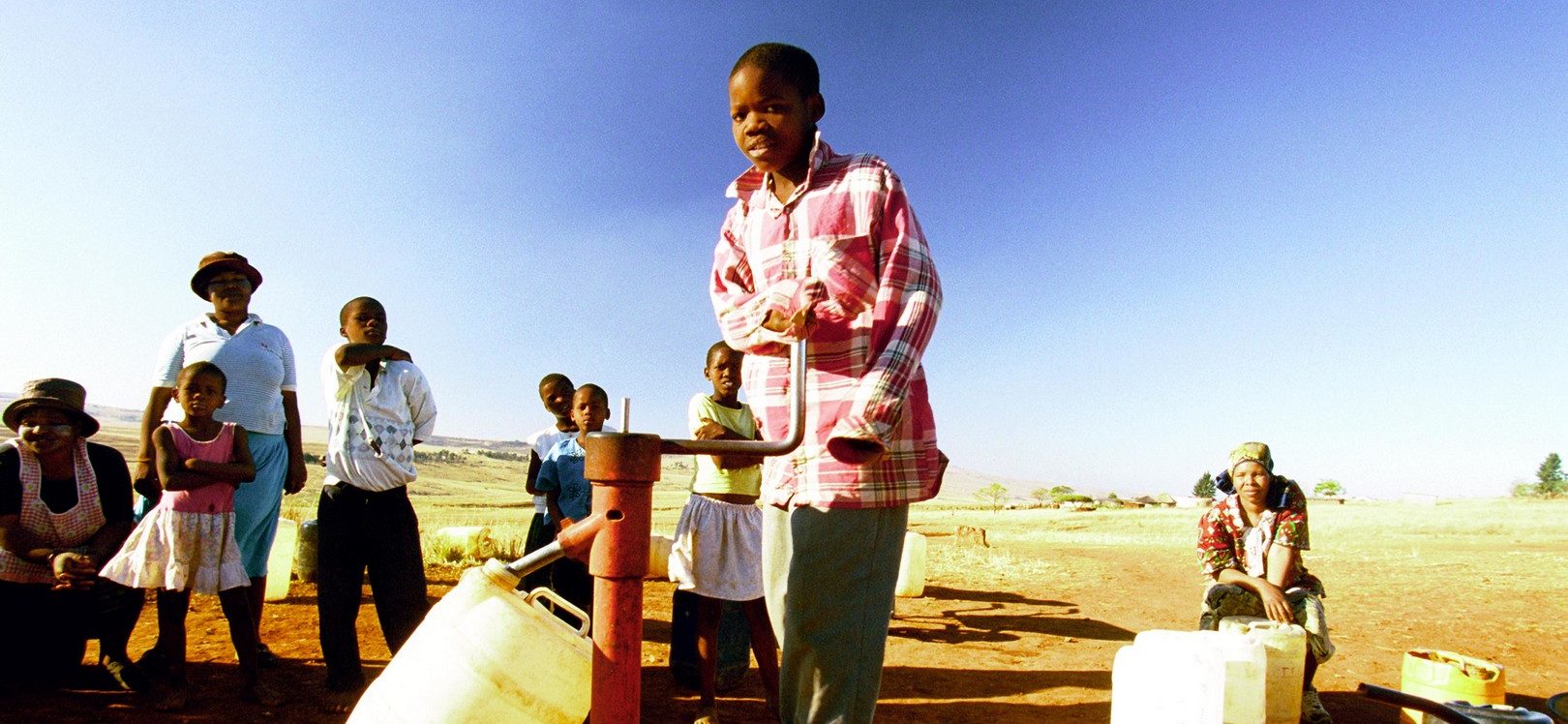
On World Water Day, the UN calls for accelerating the progress toward achieving water and sanitation for all. © Trevor Samson / World Bank
How can we move up a gear?
Yes, we must pick up speed because we face a painful reality, and things are not going well. For example, regarding access to water, in 2020, more than 488 million people still drank, cooked, and washed with water lacking any sanitary control. As for sanitation, the figures are also devastating: more than 1.116 billion people have no guarantee of healthiness to meet their physiological needs; among them, almost 500 million still defecate in the open. Moreover, hand-washing facilities are nonexistent in more than 460 million households.
How to make progress? The outlook does not bode well. Over the past two years, the situation has remained the same. The Covid-19 pandemic has been a particularly significant setback in the weaker economies, and the war in Ukraine has caused crucial financial aid to dwindle. The climate crisis has also become more severe year after year, making access to water more difficult even in areas where it was not generally in short supply.
Individual action must become collective
The UN appeal again stresses the need to encourage individual action: “We need everyone to take action. That means you too!” However, the union of everyone’s efforts generates the force for change, which requires developing the spirit of cooperation. The ability to transmit this idea to those around us can change how we use water daily.
A fundamental starting point is education. In our projects in schools, we have seen the effectiveness of the students’ transmission of the water culture in their families and communities. As a result, the beneficiaries of the aid increase in number and, above all, create a fund of social knowledge that empowers them and makes them resilient in the face of scarcity.
Our Aquanautas initiative has also continued to expand after the pandemic. We carried out 41 school activities in the 2021-2022 school year, involving nearly 900 children from 25 schools in Barcelona. Our goal for this 2022-2023 academic year is to reach more than 50 workshops. Over 1,000 schoolchildren will learn and become aware of water issues by participating in educational activities, talks, and meetings. This is a good potential for accelerating change.
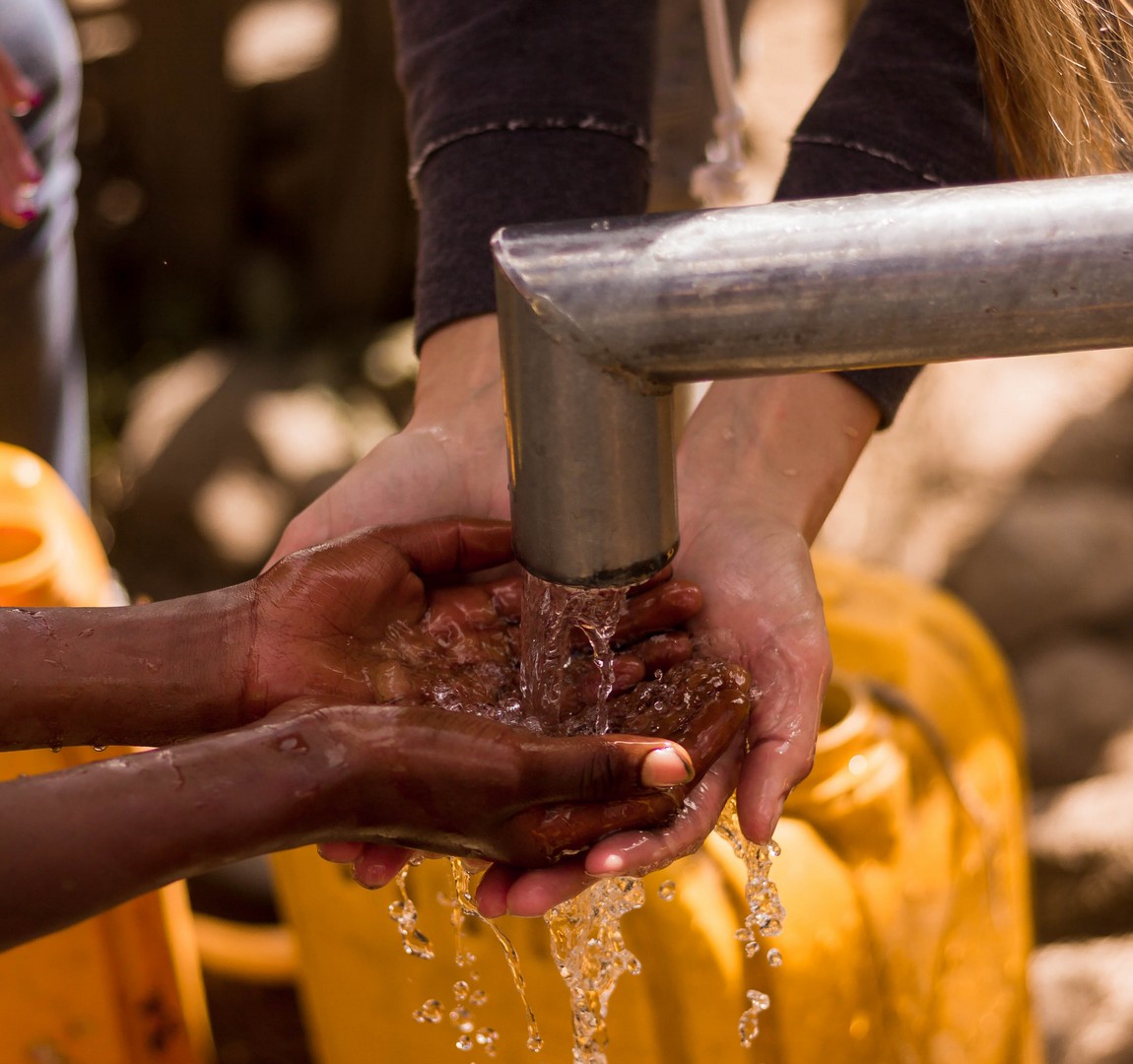
The union of everyone’s efforts generates the force for change, which requires developing the spirit of cooperation. © Liz Marti-unsplash
Reaching out to and involving all sectors
In our sphere of action, we as institutions have an additional capacity to act. We can easily reach out to more economic sectors and develop initiatives to foster cooperation. This is an effective driver for achieving socially complex goals, and SDG 6 is one such goal; ending the world’s water and sanitation problems requires universal awareness and involvement.
At the Foundation, we have always been aware that no one in isolation can achieve this; all our initiatives have been based on collaboration. The Smart Water platform is a success story in the effort to involve key professionals in the future of water and sanitation: architects, urban planners, engineers, and designers are players in the construction of the world to come. This past year, the Smart Water, Smart (collective) Creativity series has established a new forum for dialogue to foster creative participation through water.
A world in which 3% of the Earth’s surface is occupied by cities inhabited by 56% of the world’s population, and which is expected to reach 80% by 2035, gives us an idea of how urgent it is to establish an active, innovative, and universal collaboration. As Carlos Garriga, director of the Foundation, pointed out at one of the series events: “The lack of water concerns and affects us all: the public and private sectors, hotels, architects, policymakers… We face an enormous task that challenges us as a society. And simultaneously, it is a unique opportunity for collaboration that will undoubtedly mark our future.“
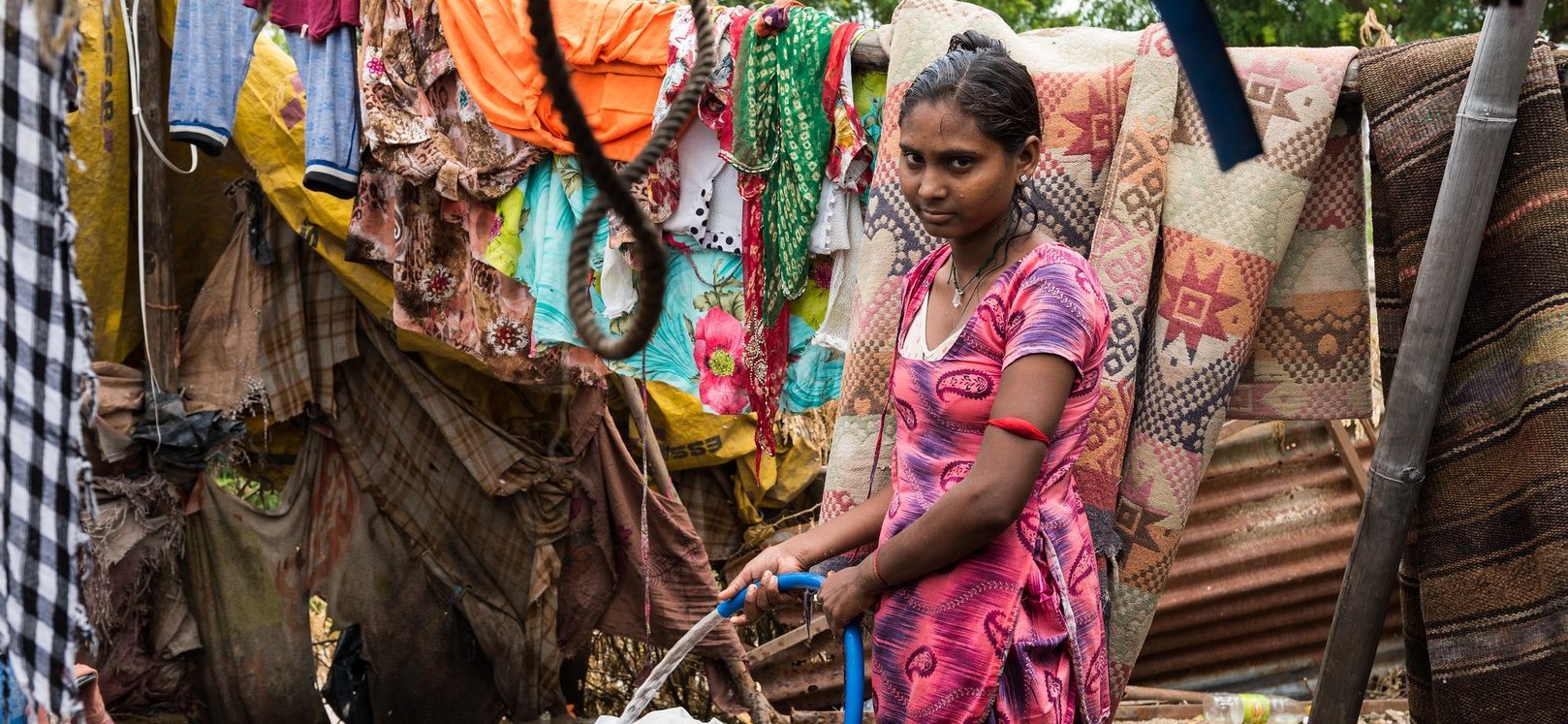
Regarding access to water, in 2020, more than 488 million people still drank, cooked, and washed with water lacking any sanitary control. © Asian Development Bank.
“Let’s Make a Deal”: cooperation is effective
One of the collaborative ideas that bore fruit in the Smart Water think-tank was the Let’s Make a Deal project we launched with Diamond Resorts in 2019. Its goal was to involve the entire human chain of hotel facilities, guests and professionals, to work together to achieve universal awareness of the importance of good water use and environmental respect.
The result was a success: we saved 970,000 liters of water by reducing towel washing alone and 1.02 million by extending the use of sheets. In addition, Diamond Resorts raised 40,000 euros in donations for several of our relief projects in India, Guatemala, and Indonesia. After the pandemic hiatus, we will resume the initiative in 2023 after saving more than two million liters of water and raising €85,000 for projects.
Messages at COP27: if we cooperate, the most difficult things can be achieved
Our activity allows us to be present in the most relevant international forums, as in the last COP27. At the Sharm El Sheik conference, we participated in the Innovative Ways of Cooperation round table, organized by UNESCO and UNITAR, the government of Costa Rica, the intergovernmental organization UPACE and the UNESCO Chair on Peace of the Abat Oliba CEU University. There we highlighted the value of cooperation as a critical factor in achieving any solidarity objective.
In the panel discussion, we presented our experience with national and local governments in Burkina Faso. In this African country, one of the most impoverished in the world, we managed to have the central province of Sissili declared “Open Defecation Free” in five years. We did it through cooperation, bringing together the Ministry of Water and Sanitation, the local government, some local entities, and an international organization such as UNICEF. We contributed our expertise in this field forged in dozens of sanitation projects worldwide.
The cooperation we seek in each project allows us to work with different international organizations instead of just one. For example, at COP27, at the round table on the transformation process for reducing the carbon footprint, organized by the Fundación Privada Empresa y Clima in the Spanish pavilion, we presented another case of successful cooperation: the construction of small and medium-sized reservoirs. These modest water infrastructures are transforming the lives of small farming communities in India that suffer the uncertainty of monsoons and the ravages of monoculture. In all projects, we rely on a model of co-financing and collaboration with the communities to achieve their empowerment and commitment, essential for their effectiveness and sustainability. In this way, obstacles have become a source of ideas for transformation and improvement.
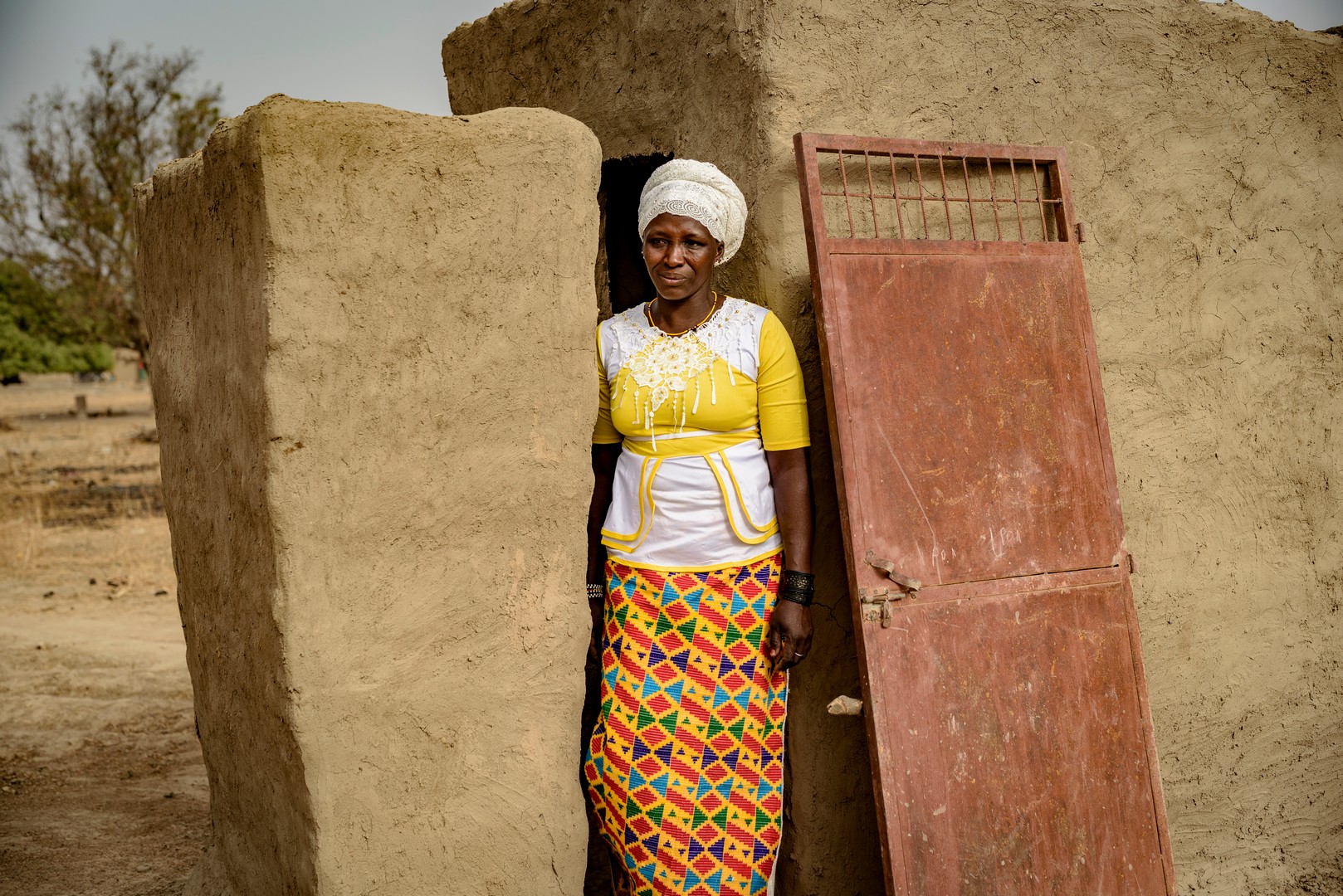
In Burkina Faso, an African country, one of the most impoverished in the world, we managed to have the central province of Sissili declared “Open Defecation Free” in five years. © Carlos Garriga
Cooperation in communication
A fundamental part of our mission is to raise awareness, which implies achieving maximum dissemination of the water culture. On World Water Day, we have continuously developed initiatives in this regard. This year, we begin a partnership with 5W, the prestigious narrative journalism magazine offering a critical and plural world vision.
The Spanish journal, which is managing to create a growing community of readers interested in delving into often invisible realities, has launched Agua, a special issue we will present on March 22 at 6:30 pm at the Roca Madrid Gallery. It is another step forward to accelerate change: to get the message across to as many people as possible.
We are at a critical tipping point for the world to unite around water; if we cooperate, obstacles become opportunities.


